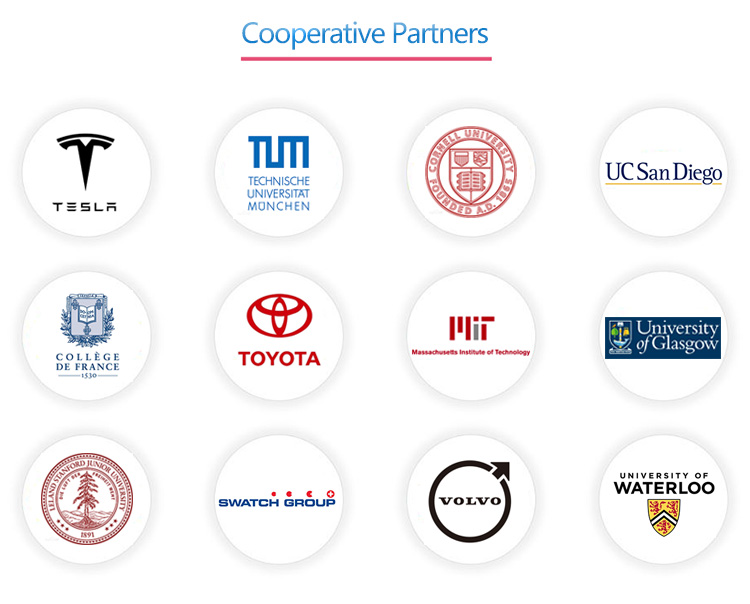Element Symbol: Ti-Ev
CAS: 7440-32-6
Model: Sup-Ti-Ev
Purity: 4N, 3N5,3N
Shape: Particles
Thickness: [N/A]
Dimension: [N/A]
(Note: Purity, shape, thickness, and dimensions can all be customized)
Product Details:
Melting Point: 1675°C
Density: 4.5 g/cm³
Specifications: ∮3*3 / ∮6*6 mm
Purity: 4N, 4N5, 5N
Evaporation Method: eBeam (Xlnt)
Crucible Materials: W, graphite, TiC
Note: The thin film adheres very well to almost any substrate.
(The above specifications and purity can be customized as needed. For other specifications or purities, please consult customer service.)
Note: Purity, shape, thickness, and dimensions can all be customized,Please feel free to contact us for more details.
Applications of Titanium (Ti):
1. Semiconductor Field
- Materials Science Research: Titanium particles are used in the synthesis and surface treatment of semiconductor materials, improving the electrical and thermal conductivity of materials, which positively impacts the performance of electronic devices.
- Catalysts: In semiconductor manufacturing processes, titanium particles can serve as catalysts, enhancing the efficiency of chemical reactions.
2. Powder Metallurgy
- Part Manufacturing: Titanium particles are commonly used in powder metallurgy techniques, allowing for the pressing and sintering of complex-shaped parts, widely applied in aerospace, automotive, and medical device fields.
- Improving Material Properties: By controlling the size and distribution of particles, the mechanical properties and corrosion resistance of materials can be enhanced.
3. 3D Printing
- Additive Manufacturing: Titanium particles are one of the commonly used raw materials in additive manufacturing (3D printing), especially in selective laser melting (SLM) technology, which produces lightweight, high-strength complex structural parts.
- Medical Applications: In the medical field, titanium particles are used to manufacture biocompatible implants, such as bone substitutes and dental implants.
4. Coating Technology
- Surface Treatment: Titanium particles can be used in spraying and coating technologies to provide corrosion and wear-resistant surface protection, widely applied in tools, machinery, and construction materials.
- Decorative Coatings: Titanium particles can also be used to create decorative coatings with excellent luster and durability.
5. Catalysts
- Chemical Reactions: Titanium particles serve as catalysts in certain chemical reactions, particularly in organic synthesis and environmental remediation, enhancing reaction rates and selectivity.
6. Battery Materials
- Lithium-Ion Batteries: Titanium particles are being researched as anode materials for lithium-ion batteries, helping to improve energy density and cycle stability.
7. Aerospace
- Lightweight Structural Materials: Titanium particles are used in aerospace to manufacture lightweight structural materials that can withstand high temperatures and corrosive environments, enhancing the performance and efficiency of aircraft.
8. Military Applications
- Ballistic Materials: Utilizing the high strength and lightweight characteristics of titanium, titanium particles can be used to manufacture ballistic materials and other military equipment.
9. Arts and Decoration
- Jewelry and Artworks: The unique appearance and color of titanium particles make them increasingly popular in jewelry and artwork manufacturing, creating visually appealing pieces.


Office Photo

Exhibition


Contact: Bruce Liu
WhatsApp: +86-18059149998
Tel: +86-18059149998
Email: sales@supsemi.com
Add: Room 1402, Building 1, No. 89 Xibeilu, Xishancun, Xibei Street, Xinluo District, Longyan City, Fujian Province
We chat